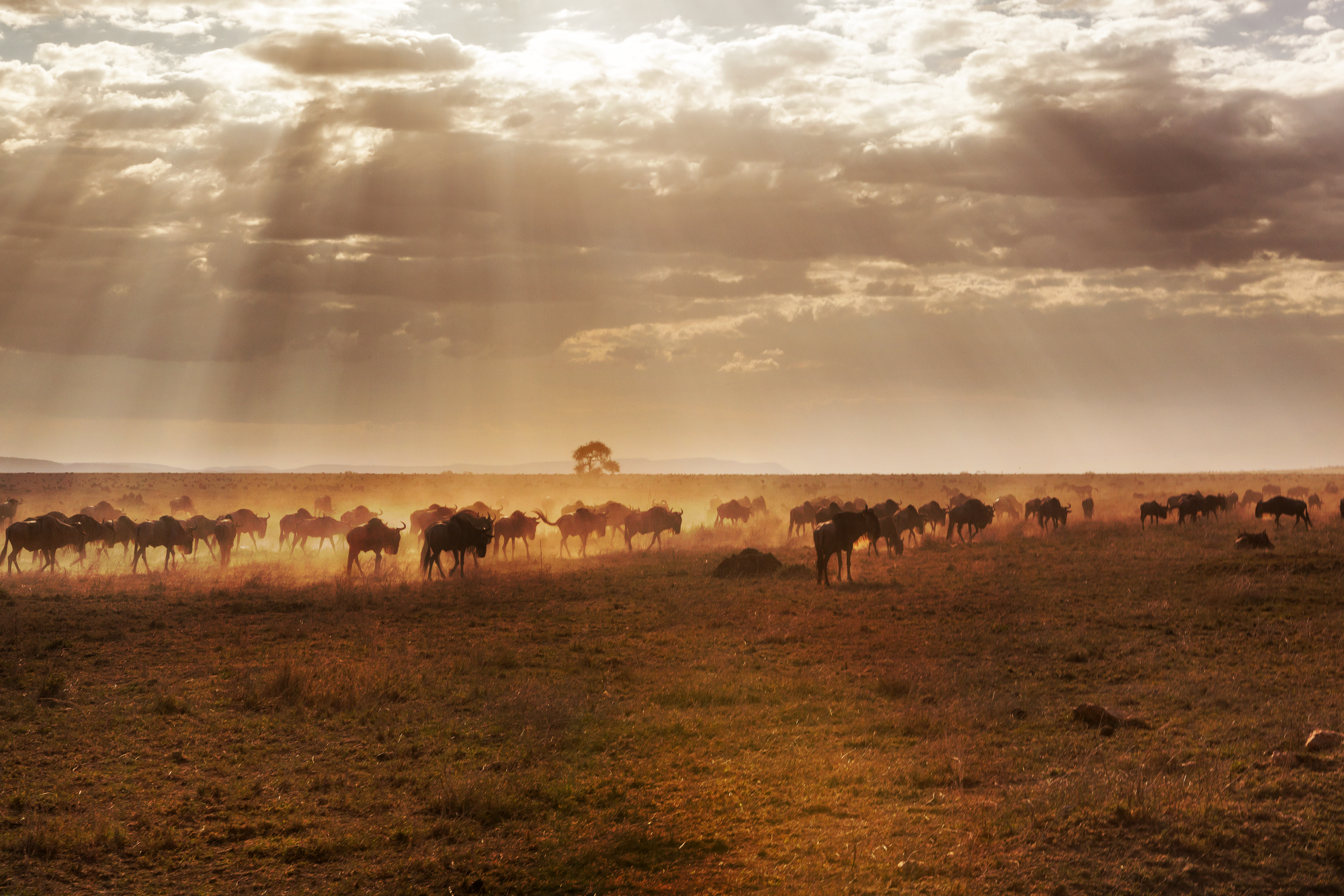Rampant illegal ivory poaching has had measurable evolutionary consequences on African elephants, disproportionately targeting mature males with the largest tusks. This study compared tusk size from pre-poaching decades (1960s) to post-recovery individuals and survivors of the mass ivory harvests in the 1970s–80s. Results show tusk length declined by up to 37% in survivors and over 20% in elephants born during recovery, with tusk circumference also reduced in many cases. These findings suggest sustained poaching pressure selected against large tuskers, altering genetic traits in the population. This underscores the need for regulated, science-based harvesting that avoids indiscriminate poaching and instead supports sustainable wildlife management while preserving important heritable traits like tusk size.

